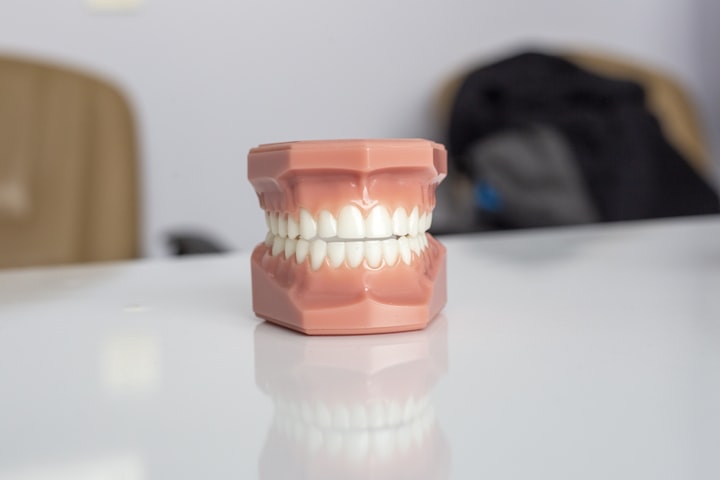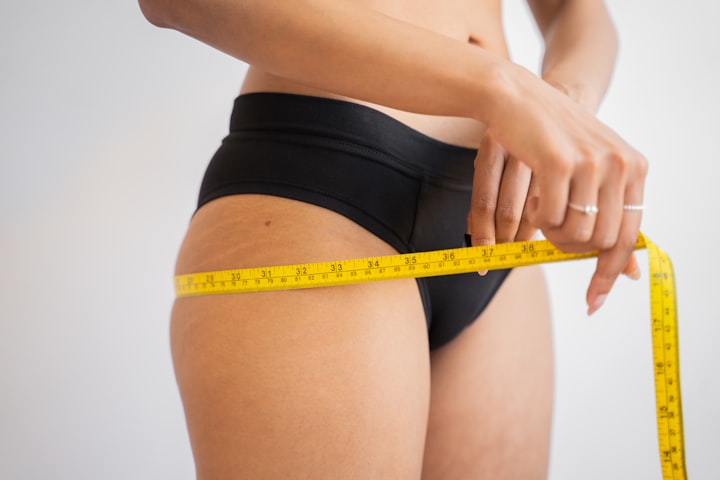
How to Whiten Teeth at Home: A Comprehensive Guide
A bright, white smile is something that many people aspire to have. However, professional teeth whitening treatments can be expensive, and not everyone has the time or resources to visit the dentist regularly. Fortunately, there are many effective ways to whiten your teeth at home using natural remedies, over-the-counter products, and DIY treatments. In this article, we will explore the various methods for whitening teeth at home, along with their benefits and risks.
Why Do Teeth Turn Yellow?
Before delving into the different ways to whiten teeth at home, it's important to understand why teeth become discolored in the first place. The most common causes of yellowing or staining of teeth include:
Poor oral hygiene: If you don't brush and floss regularly, plaque and tartar can build up on your teeth, leading to discoloration.
Age: As we age, our teeth naturally become less white due to thinning enamel, which exposes the yellowish dentin underneath.
Food and drinks: Certain foods and drinks, such as coffee, tea, red wine, and dark berries, contain pigments that can stain teeth over time.
Medications: Some medications, such as tetracycline and certain antihistamines, can cause tooth discoloration.
Now that we know the causes of tooth discoloration, let's take a look at some effective ways to whiten teeth at home.
Natural Remedies for Teeth Whitening
There are several natural remedies that you can try at home to whiten your teeth. These include:
Baking soda: Baking soda is a popular natural remedy for teeth whitening because it contains abrasive particles that can remove surface stains. To use baking soda for teeth whitening, mix a small amount with water to form a paste, and brush your teeth with it for two minutes. Be sure to rinse thoroughly afterward.
Hydrogen peroxide: Hydrogen peroxide is a common ingredient in many commercial teeth whitening products. To use it at home, mix equal parts of 3% hydrogen peroxide and water, swish it around in your mouth for 30 seconds, and spit it out. Be careful not to swallow the mixture, as it can be harmful if ingested.
Apple cider vinegar: Apple cider vinegar is another natural remedy for teeth whitening. However, it's important to use it sparingly, as it is highly acidic and can damage tooth enamel if used too often. To use apple cider vinegar for teeth whitening, mix a small amount with water, swish it around in your mouth for a few seconds, and rinse thoroughly.
Over-the-Counter Products for Teeth Whitening
There are many over-the-counter products that you can buy to whiten your teeth at home. These include:
Whitening toothpaste: Whitening toothpaste contains abrasive particles and chemicals that can remove surface stains and lighten the color of your teeth over time. Look for a toothpaste that has the American Dental Association (ADA) seal of approval.
Whitening strips: Whitening strips are thin, flexible plastic strips that are coated with a bleaching agent. To use them, you place the strips on your teeth and leave them on for a designated amount of time, usually around 30 minutes. Most whitening strips need to be used for several weeks to achieve noticeable results.
Whitening trays: Whitening trays are custom-fitted trays that you fill with a bleaching gel and wear over your teeth for a designated amount of time, usually overnight. These trays can be purchased over-the-counteror from a dentist, and they are more effective than whitening strips because they cover all of your teeth evenly.
Whitening pens: Whitening pens are small, pen-like devices that contain a whitening gel. To use them, you simply apply the gel to your teeth and let it sit for a designated amount of time, usually around 20 minutes.
DIY Teeth Whitening Treatments
If you're looking for a more affordable and natural way to whiten your teeth at home, there are several DIY treatments that you can try. These include:
Oil pulling: Oil pulling is an ancient Ayurvedic practice that involves swishing oil (usually coconut oil) around in your mouth for several minutes. Proponents of oil pulling claim that it can improve oral health and whiten teeth, although there is little scientific evidence to support these claims.
Activated charcoal: Activated charcoal is a fine black powder that can absorb toxins and impurities from your teeth. To use it for teeth whitening, mix a small amount with water to form a paste, and brush your teeth with it for two minutes. Be sure to rinse thoroughly afterward, as activated charcoal can be messy.
Strawberries: Strawberries contain malic acid, which can help remove surface stains from your teeth. To use strawberries for teeth whitening, mash up a few berries and apply the paste to your teeth for five minutes, then rinse thoroughly.
Banana peel: Banana peel contains potassium, magnesium, and manganese, which can help whiten your teeth. To use banana peel for teeth whitening, rub the inside of the peel on your teeth for two minutes, then rinse thoroughly.
Risks and Precautions
While many home remedies for teeth whitening are safe and effective, it's important to be aware of the risks and take necessary precautions. Here are some things to keep in mind:
Overuse of natural remedies: Some natural remedies, such as baking soda and apple cider vinegar, can be harmful to tooth enamel if used too often or in large amounts. Be sure to use these remedies sparingly and always rinse your mouth thoroughly afterward.
Sensitivity: Teeth whitening can sometimes cause temporary sensitivity to hot and cold temperatures. If you experience sensitivity, try using a desensitizing toothpaste or reducing the frequency of your teeth whitening treatments.
Gum irritation: Whitening products that come into contact with the gums can cause irritation and inflammation. Be sure to follow the instructions carefully and avoid getting the products on your gums.
Ingestion: Some whitening products, such as hydrogen peroxide, can be harmful if ingested. Be sure to spit out any whitening products and rinse your mouth thoroughly.
Conclusion
There are many effective ways to whiten your teeth at home using natural remedies, over-the-counter products, and DIY treatments. However, it's important to understand the risks and take necessary precautions to ensure that you don't damage your teeth or gums. If you're unsure about which method is best for you, consult with your dentist to get professional advice. With a little effort and patience, you can achieve a brighter, whiter smile that you can be proud of.
Click here link See Proof
About the Creator
R Raja
Happy Life Happy Wealthness Enjoy....
More Bio Click here https://bit.ly/3G10YX0






Comments (1)
Excellent tips, Raja. Thanks for sharing!